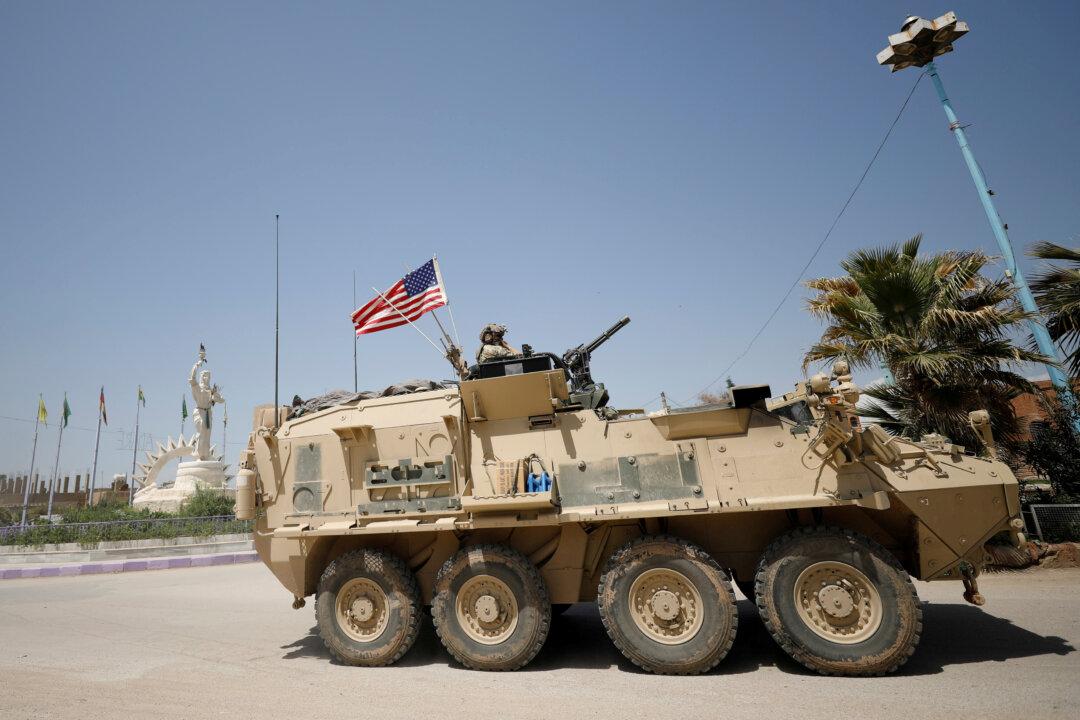The U.S.-led coalition against the ISIS terrorist group has begun to withdraw forces from Syria, a Department of Defense spokesman confirmed on Jan. 11.
President Donald Trump’s announced the withdrawal in December, citing the defeat of ISIS in Syria. The spokesman’s confirmation signals that the military has completed the planning stage and is taking concrete steps to pull troops out of the region.





